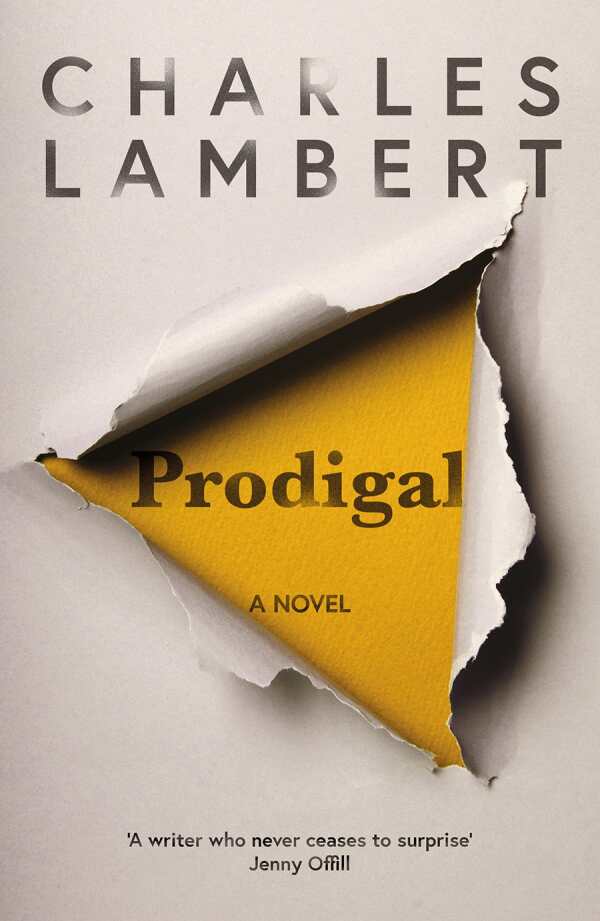
Prodigal
Estranged siblings deal with their dying father, and each other, in Charles Lambert’s novel Prodigal.
Jeremy and Rachel have never been close. Rachel, always their father’s favorite, resents her mother and brother for abandoning the family in favor of selfish pursuits. Jeremy was favored by his mother and ran away to Paris years ago to escape his father’s disapproval. Now, pushed together by the imminent death of their father, the siblings learn how to live with each other for the first time in decades.
The narrative switches between Jeremy and Rachel, showing their limited perspectives through nimble prose as they reflect back on their family relationships. Despite growing up together, their childhoods were very different, and while both can admit that their upbringing was messy, they cannot bring themselves to see things from each other’s point of view.
Bitter distance prevents Jeremy and Rachel from connecting over their shared pain. Misunderstandings, parental abuse, and discordant memories rupture whatever tenuous bonds they manage to forge. An unhealthy dose of self-delusion, especially when it comes to Rachel’s perceptions of her relationship with her faithless husband, and hints of more insidious secrets lurking beneath the surface add to the family’s perpetual dysfunction.
After so many years of bad blood, both real and imagined, an easy reconciliation is beyond reach. But with the impending loss of their only living parent, the influence of the past weakens. Jeremy and Rachel learn to draw on their strengths. With conscious effort, each tries to put aside past rivalries and do what’s best for the other. Their dark journey culminates in the bittersweet discovery that death can be tragic and freeing in equal measure.
Spanning over thirty years, Prodigal is a visceral novel about a family suffering under the weight of secrets, lies, and things left unsaid.
Reviewed by
Eileen Gonzalez
Disclosure: This article is not an endorsement, but a review. The publisher of this book provided free copies of the book to have their book reviewed by a professional reviewer. No fee was paid by the publisher for this review. Foreword Reviews only recommends books that we love. Foreword Magazine, Inc. is disclosing this in accordance with the Federal Trade Commission’s 16 CFR, Part 255.
